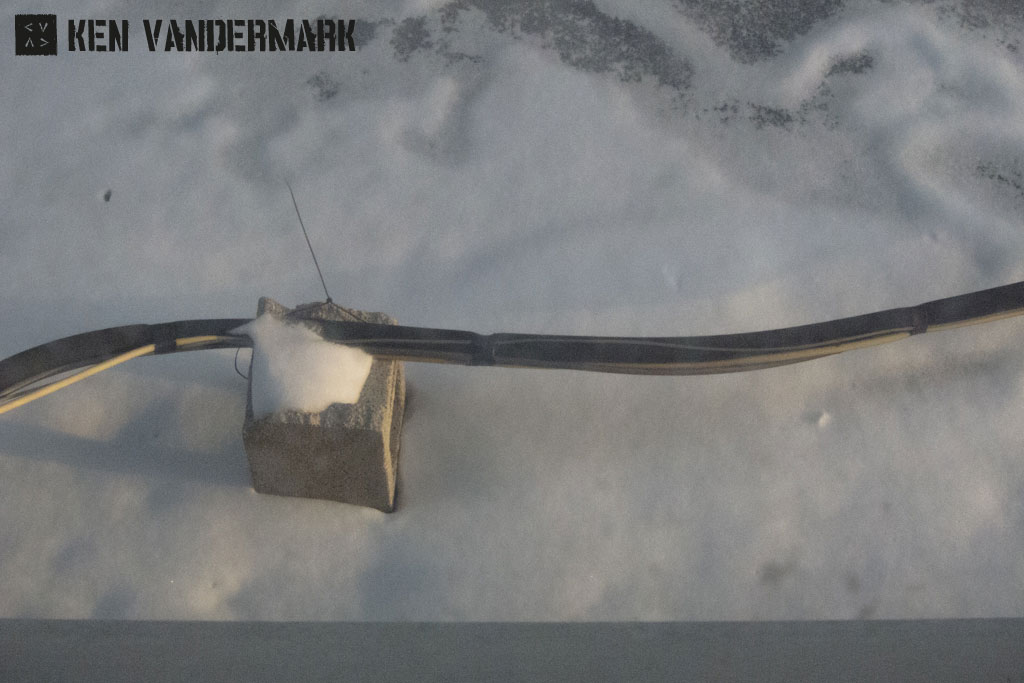

On Sunday, August 31st, Chicago music fans will have the opportunity to hear one of the greatest artistic figures of the 20th and 21st centuries, for free. Ornette Coleman is coming to town to perform with his band at the Chicago Jazz Festival, and anybody who has seen him in concert before will surely be there. If you haven’t heard him make sure to arrive early, it’s a chance to witness the achievement of an individual who has motivated and maintained a revolution in music for more than half a century. His work, like that of Miles Davis, has permanently changed the sonic landscape and is beyond category. During the far-reaching course of his career, Ornette has performed and composed music for world famous duos, trios, quartets, double quartets, chamber groups, symphony orchestras, and electric funk ensembles. He won the Pulitzer Prize in music last year.
The first time I saw him was at a world premier performance by the Kronos Quartet of one of his compositions for strings, in Boston during the mid 1980s. After the group finished the piece they announced that the composer was present and asked Ornette to stand. I turned around and there he was, about two rows behind where I was sitting, in an immaculate gold lame suit covered with black swans. It’s impossible describe how overwhelming the feeling was, to finally see a person who had permanently changed music for me and anyone else who has heard him. His voice on alto, tenor, trumpet, and violin, is singular and uniquely human. With it, he has extended the lineage of American music from Texas Blues, through Charlie Parker, and into the future.
I have been lucky enough to see Ornette perform many times since that evening more than 20 years ago, though still more rarely than I would wish. In addition to his own greatness as an artist, the people he works with are so often also extraordinary. Many of them, like Don Cherry, Charlie Haden, Ed Blackwell, Dewey Redman, Billy Higgins, and James Blood Ulmer, changed what was thought to be possible on their instruments and, in doing so, also expanded the range of expression in music. On the occasion of the concert in Chicago, Ornette brings along an ensemble format that he’s been working with for several years. It includes two bassists and his son Denardo (who, over the last three decades plus, has developed a nearly telepathic rapport with his father) on drums. This band, with one change in the bass lineup, released an incredible album, Sound Grammar, during the fall of 2006.
There is a social aspect to Ornette’s aesthetic, a kind of democracy in action. By asking the members of his groups to try and eliminate hierarchies that can exist in more conventional music- for him and his collaborators, drums become melodic, the bass provides rhythm, a saxophone can create harmonies- Ornette has been able to organize an extremely interactive framework in which to work. As with society, this demands that the individuals involved must be responsible, they need to be fully informed and inquisitive about the matter at hand, otherwise it’s impossible for them to completely participate in the dialog an decision making process. The creative success of his bands indicate the benefit from this kind of open thinking, and Ornette’s concepts have resulted in a huge variety of music (which includes everything from the multi-instrumental trio of Who’s Crazy, to the double ensemble on Free Jazz, to the symphonic Skies of America, to the futuristic funk of Body Meta). This is real diversity, a working model for the idea of freedom, something rare and well worth experiencing as we head into the months before our next presidential election. In Chicago, on the evening of Sunday the 31st, you can find it first hand and free of charge.
-Ken Vandermark
© 2024 Ken Vandermark – musician & composer | Disclaimer